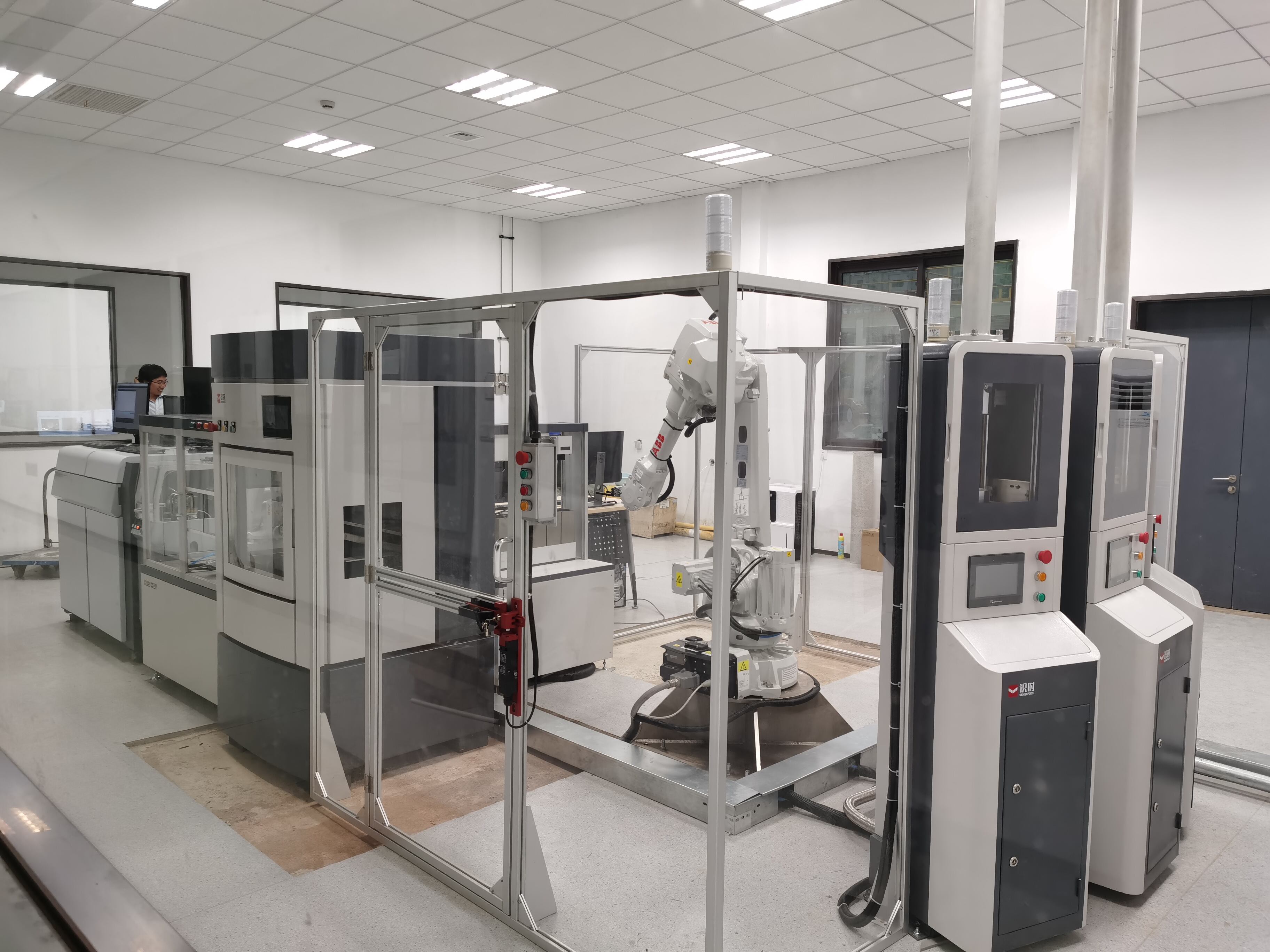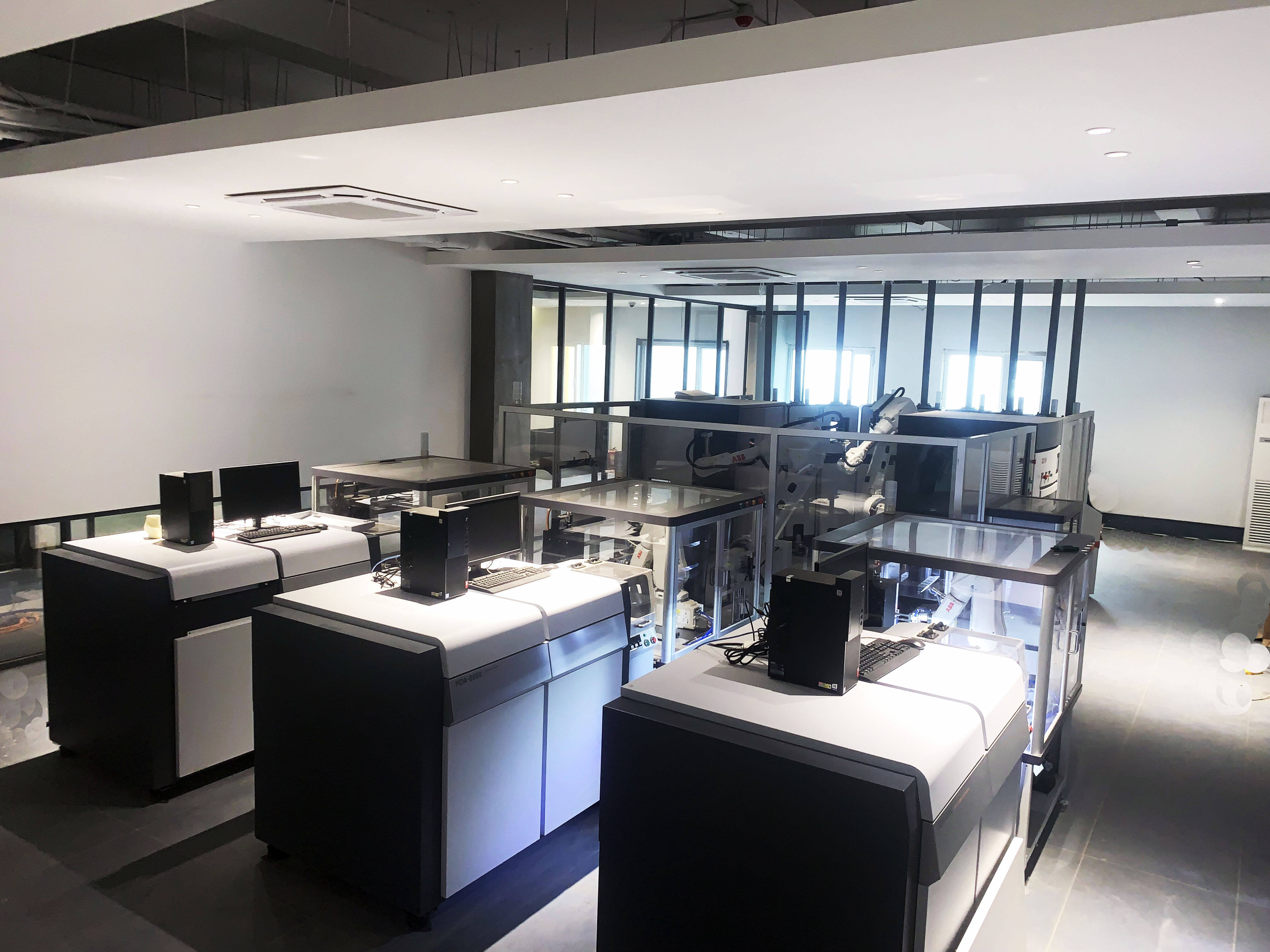industrial manufacturing automation
Industrial manufacturing automation represents a revolutionary approach to production that combines advanced robotics, artificial intelligence, and smart sensors to transform traditional manufacturing processes. This sophisticated system encompasses automated assembly lines, quality control mechanisms, and intelligent material handling systems that work in perfect synchronization. At its core, industrial automation utilizes programmable logic controllers (PLCs), industrial robots, and machine learning algorithms to perform complex manufacturing tasks with unprecedented precision and efficiency. The technology features include real-time monitoring capabilities, predictive maintenance systems, and adaptive control mechanisms that ensure optimal performance throughout the production cycle. In practice, these systems can manage everything from raw material handling to final product packaging, with applications spanning across automotive manufacturing, electronics assembly, pharmaceutical production, and food processing industries. The integration of Internet of Things (IoT) devices enables comprehensive data collection and analysis, allowing for continuous process optimization and quality improvement. Modern industrial automation systems also incorporate advanced safety protocols and flexible manufacturing capabilities, enabling quick adaptation to changing production requirements while maintaining strict quality standards.

